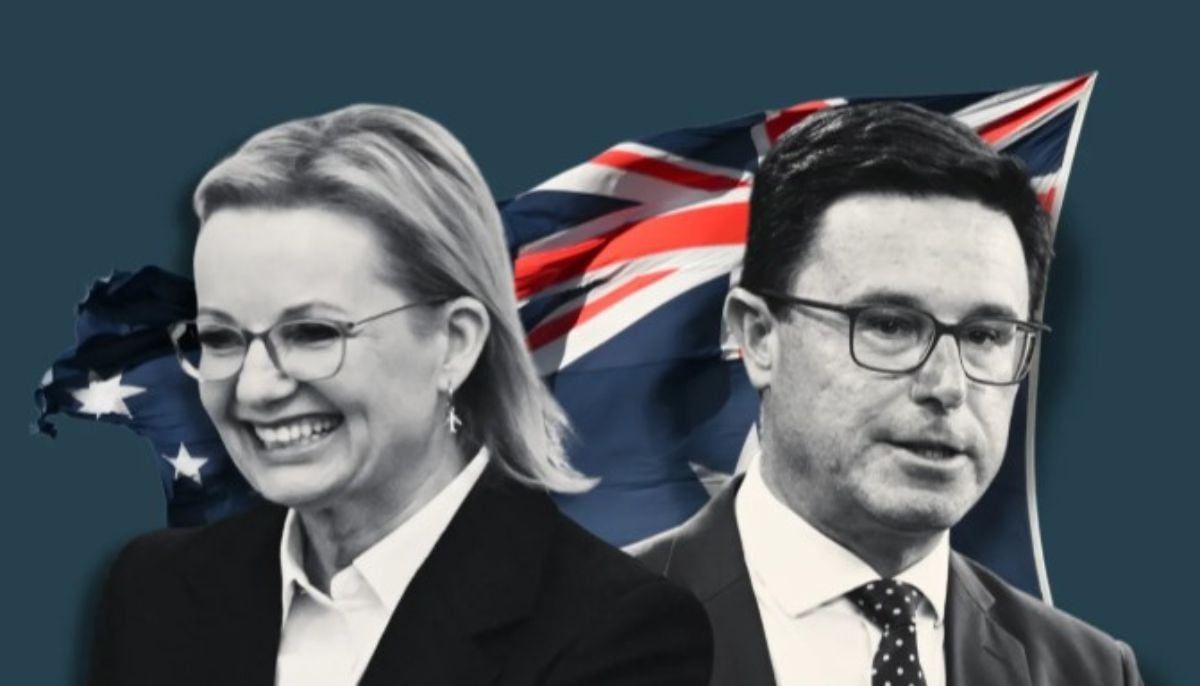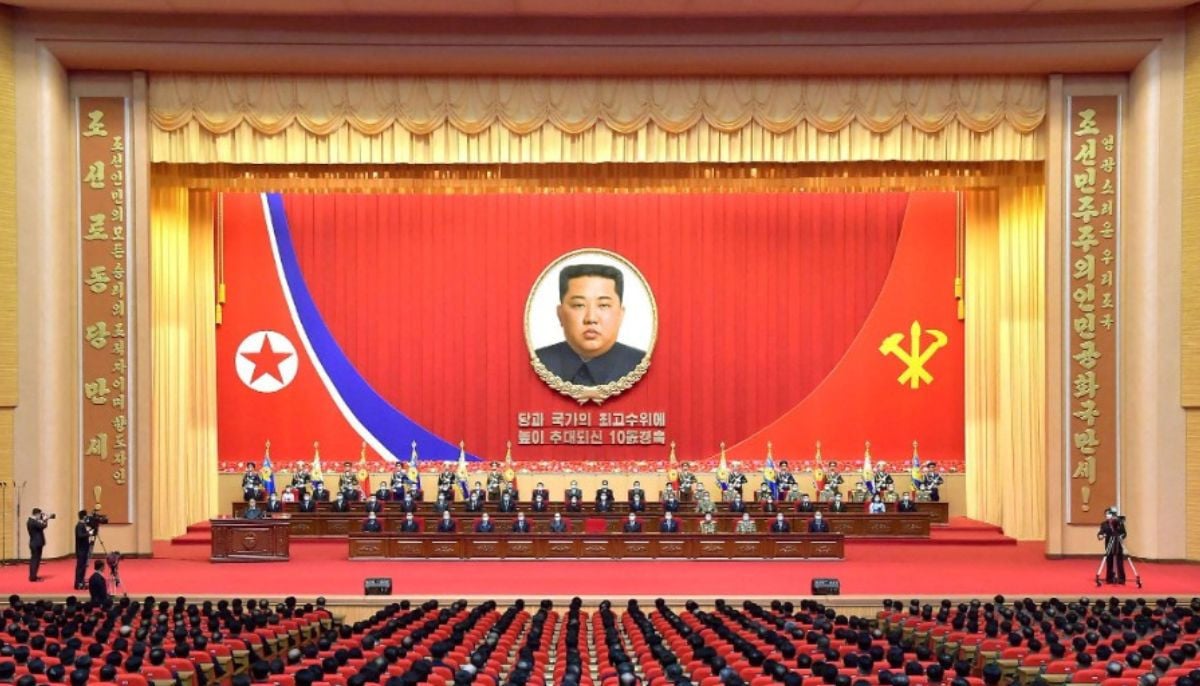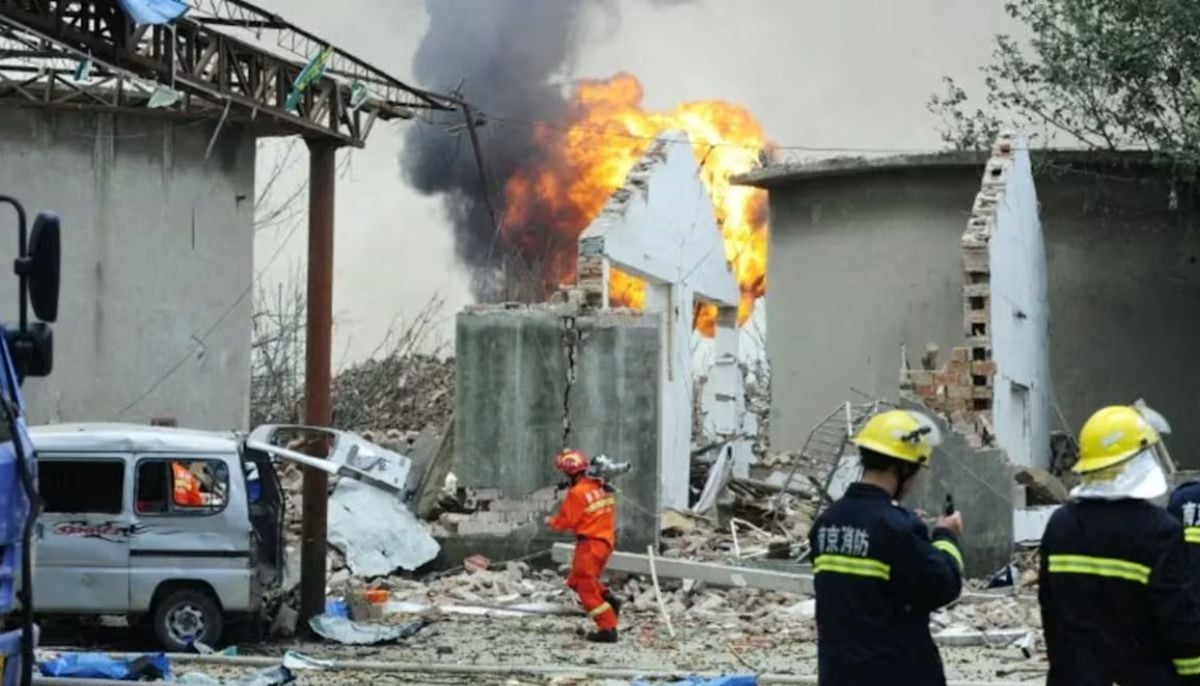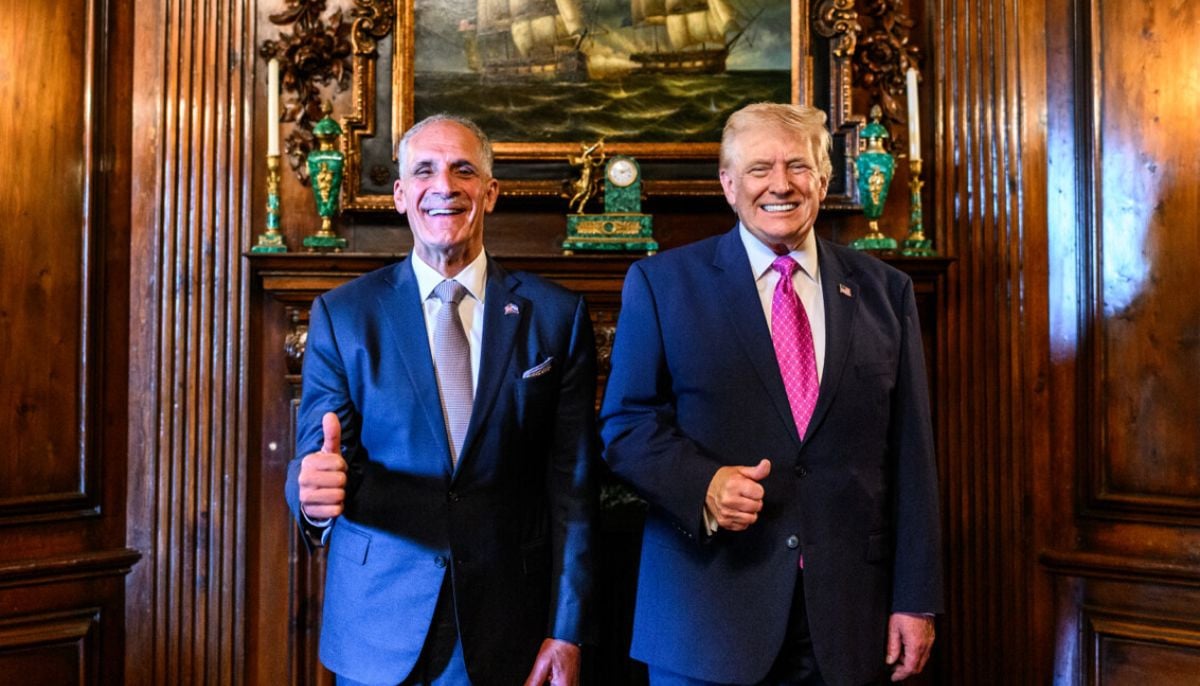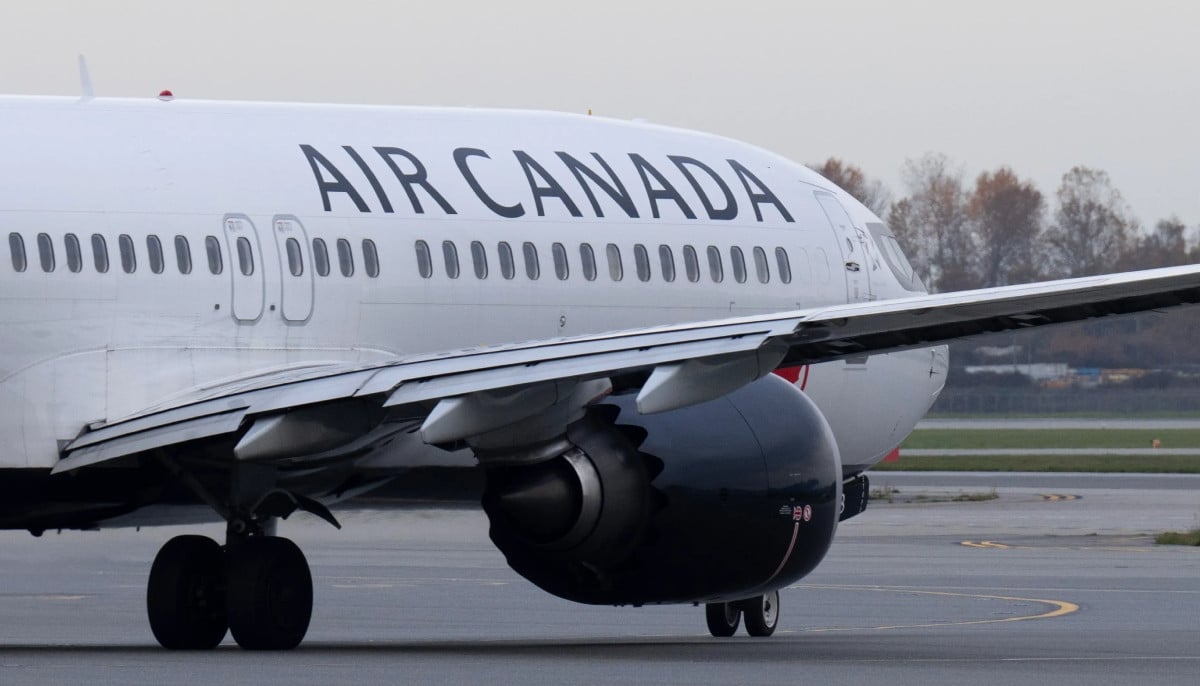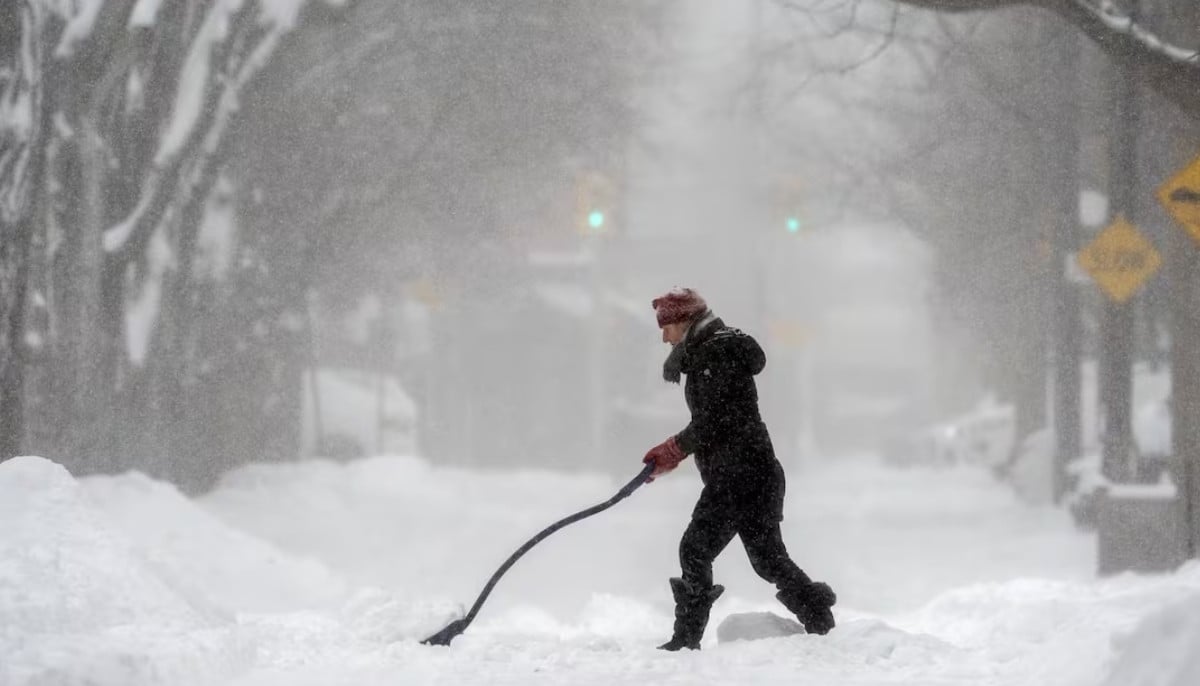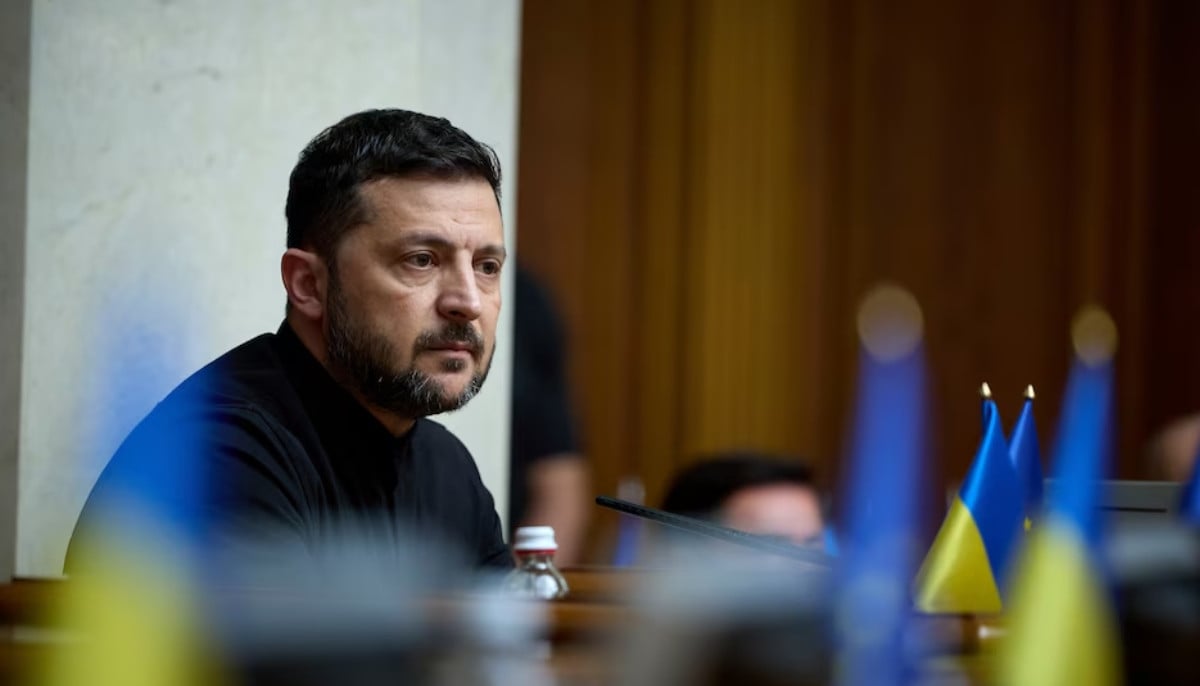VIENTIANE: Southeast Asian nations were deadlocked Sunday over how to confront sabre-rattling in the South China Sea as pressure from Beijing again drove a wedge between countries on the region´s most contentious security issue.
The gathering in Vientiane is the first time regional players -- including China and the United States -- have met en masse since a UN-backed tribunal delivered a hammer blow to Beijing´s claim to vast swathes of the strategic sea.
The 10-member Association of Southeast Asian Nations (ASEAN) boasts four countries who have competing claims with Beijing over parts of the strategic sea and is fiercely divided on the issue.
Rival claimants have accused China of deftly forging alliances with smaller countries like Laos, this year´s host, and Cambodia through aid and loans to divide the the once consensus-driven bloc.
Chinese pressure was blamed last month for a startling show of ASEAN discord when countries swiftly disowned a joint statement released by Malaysia after an ASEAN-China meeting.
That statement had expressed alarm over Beijing´s activities in the South China Sea. Cambodia and Laos were later fingered as being behind moves to block the joint statement.
Those divisions were on stark display once more in the Laos capital with insiders accusing Cambodia of scuppering moves to include a response to the tribunal ruling in a joint communique, expected at the end of Sunday´s meeting.
A working draft of the current joint communique obtained by AFP on Saturday showed the section titled "South China Sea" as blank.
The impasse in Vientiane has led to fears of a repeat of a 2012 summit in Cambodia where the bloc failed to issue a joint statement for the first time in its history because of disagreements over the South China Sea.
A failure by ASEAN to respond to the tribunal will do little to counter criticism that the bloc risks veering into obscurity as a talking shop with little real diplomatic clout.
The UN tribunal ruling earlier this month infuriated Beijing but was a victory for the Philippines, which brought the case, and fellow ASEAN members Vietnam, Brunei and Malaysia who also claim parts of the South China Sea.
The bloc´s paralysis on how to respond comes as China ratchets up its rhetoric and military manoeuvres in the sea whilst hitting out at the US which has backed rival claimants and argued for free passage through what it considers international waters.
A State Department official over the weekend said the US would push for ASEAN to ease tensions over the South China Sea and find common ground. But Chinese Vice Foreign Minister Liu Zhenmin warned ASEAN against being influence by outside powers, a clear rebuke to Washington.
"They (ASEAN) should in particular guard against the intervention in regional cooperation by big powers outside the region," he said according to the Xinhua news agency.
ASEAN boasts a diverse array of countries ranging from communist one party states like Laos, to the Islamic sultanate of Brunei, military junta-led Thailand and raucous democracies like Indonesia and the Philippines.
Its ability to deal with Beijing is seen as a litmus test for whether it can jointly confront other pressing regional challenges outside of trade.
At the summit opening Laos foreign minister Saleumxay Kommasith listed the hurdles facing the bloc as "territorial disputes, extremism and terrorism, natural disasters, climate change... refugee issues".
-
Factory explosion in North China leaves eight dead
-
Trump hosts Honduran president Nasry Asfura at Mar-a-Lago to discuss trade, security
-
Cuba-Canada travel advisory raises concerns as visitor numbers decline
-
Air Canada flight diverted St John's with 368 passengers after onboard incident
-
Extreme cold warning issued as blizzard hits Southern Ontario including Toronto
-
Ukraine-Russia talks heat up as Zelenskyy warns of US pressure before elections
-
France opens probe against former minister Lang after Epstein file dump
-
Leonardo DiCaprio's girlfriend Vittoria Ceretti given 'greatest honor of her life'
